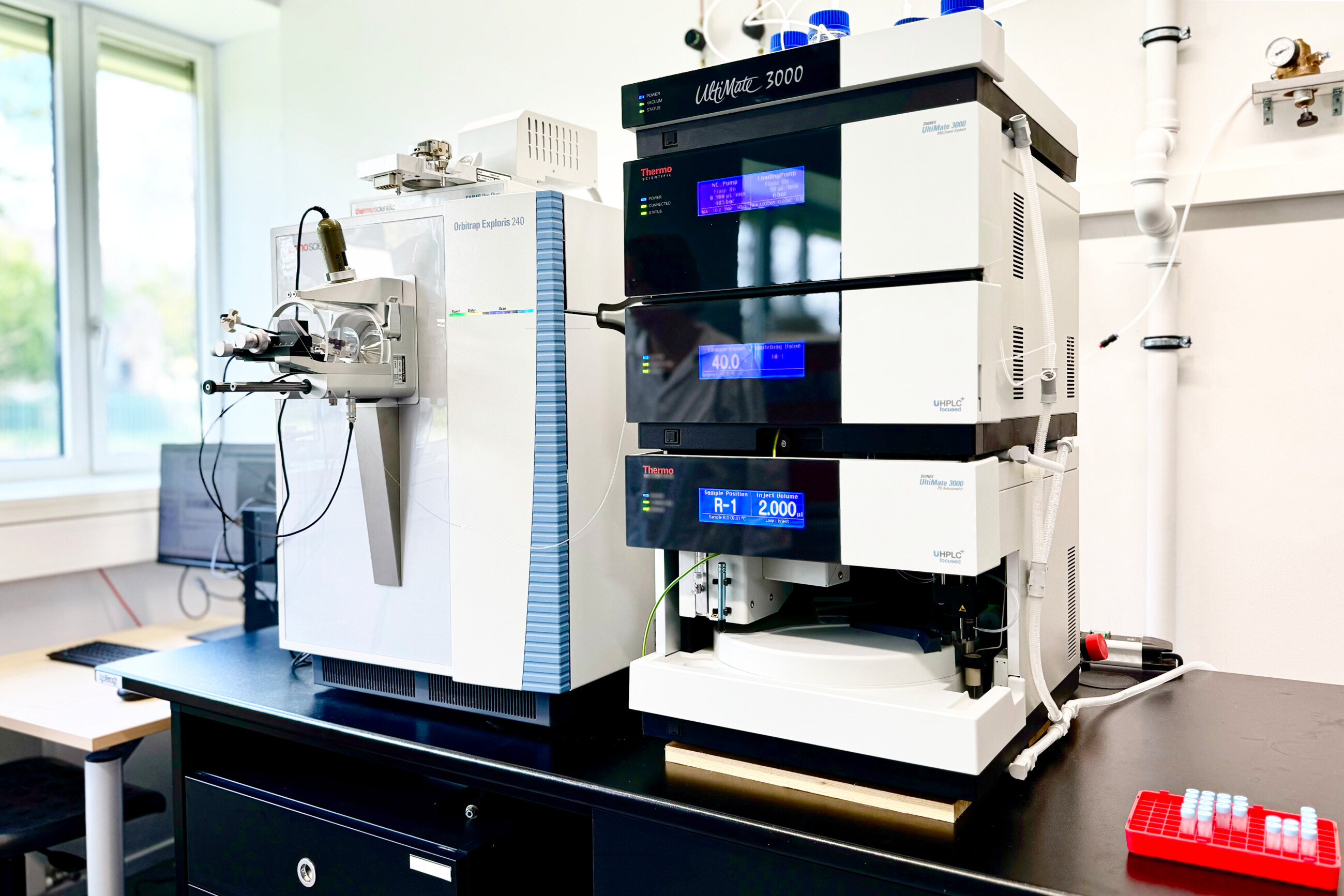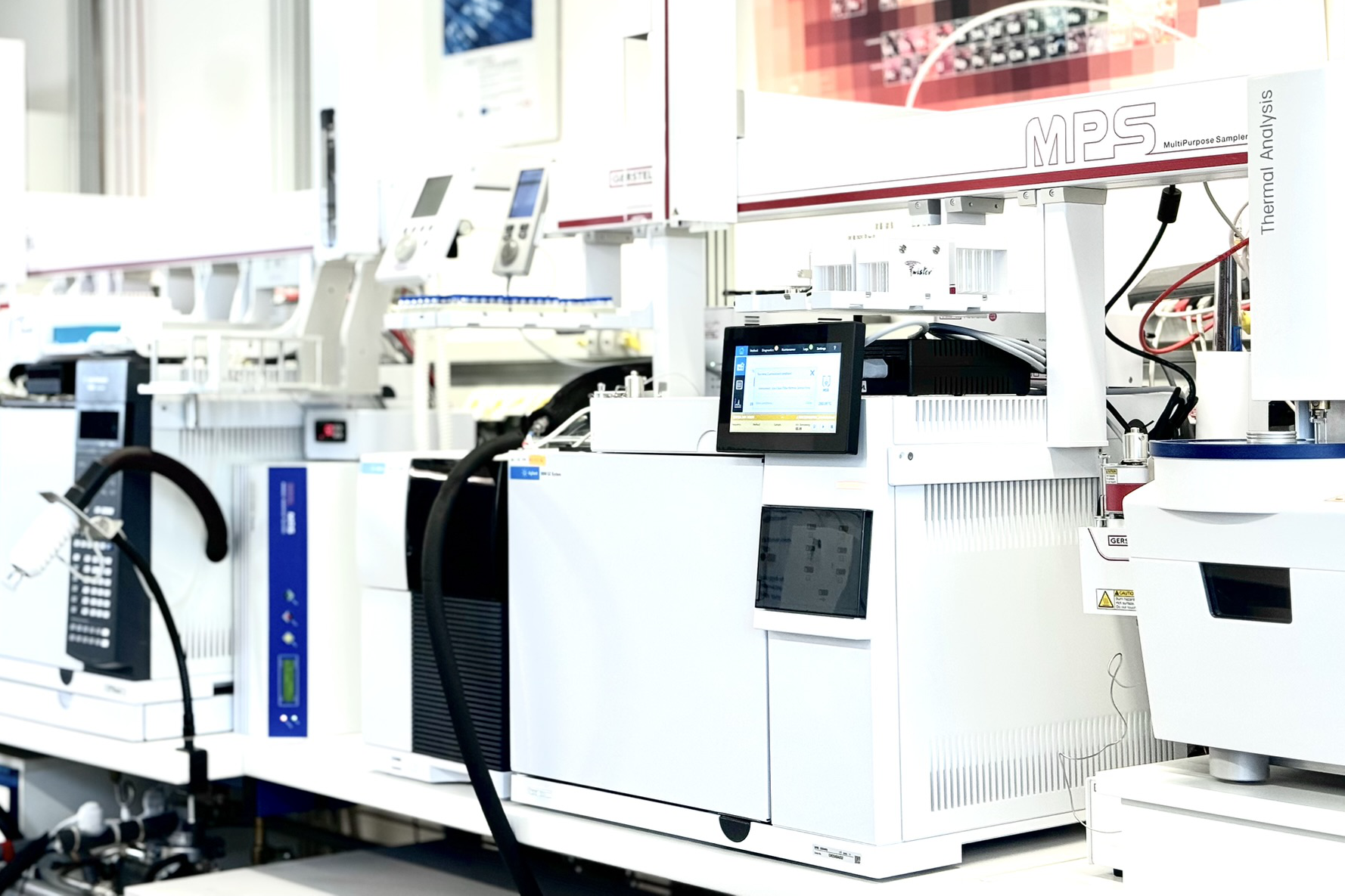SSP
Science Support Platform
Proteomics
The proteomics facility at the IGZ provides a complete proteomic infrastructure for the identification and characterisation of proteins and peptides, centred around high resolution and high mass accuracy mass spectrometry.
Proteins are identified from in-gel or in-solution samples and are quantified by label-free or stable isotope labelling. Identification of post-translational modifications on purified proteins or in complex mixtures is facilitated. In a number of projects, methods are developed for targeted and non-targeted proteomic analysis of plant tissues and subcellular structures such as microsomal membranes, plasma membrane, apoplastic fluid, single cell analysis.
Metabolomics LC-MS
The LC-MS-based metabolomics facility supports the institute and its research partners with state-of-the-art equipment and approaches for the chemical analysis of resulting samples and extracts from a plethora of organisms and tissues. These range from microorganisms to plant species, including leaves, stems, flowers, pollen, roots, shoots, seeds, grains, fruits, vesicles, and exudates. Liquid chromatography−mass spectrometry (LC-MS) is a versatile analytical platform and a powerful tool for target and non-target analysis of thermolabile unstable compounds, polar and relatively non-polar compounds, secondary metabolites and phytohormones.
Metabolomics GC-MS
The gas chromatography-mass spectrometry (GC-MS) facility at the IGZ provides a complete infrastructure for the identification and analysis of volatile organic compounds (VOCs) collected from plants. In general, plants are known to emit a wide range of chemical compounds from different parts including leaves, flowers as well as roots. These lipophilic compounds are emitted mainly with an aim to communicate with other plants and also to interact with other organisms.

